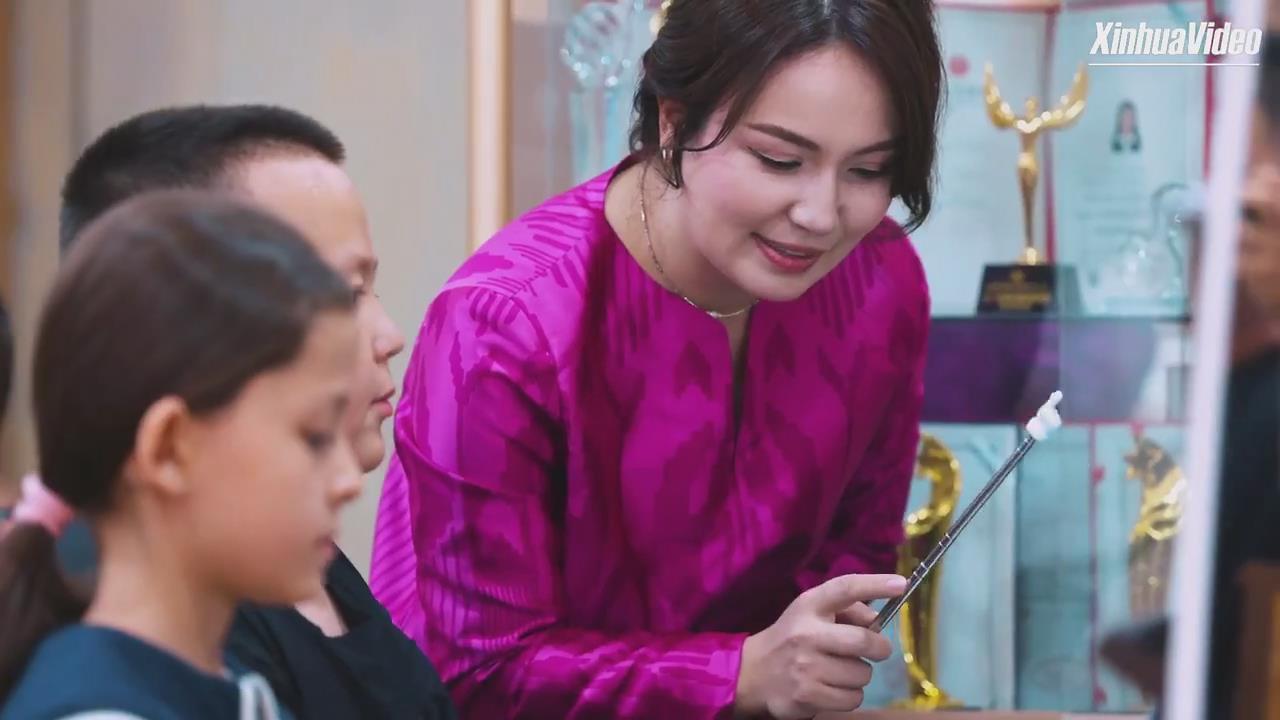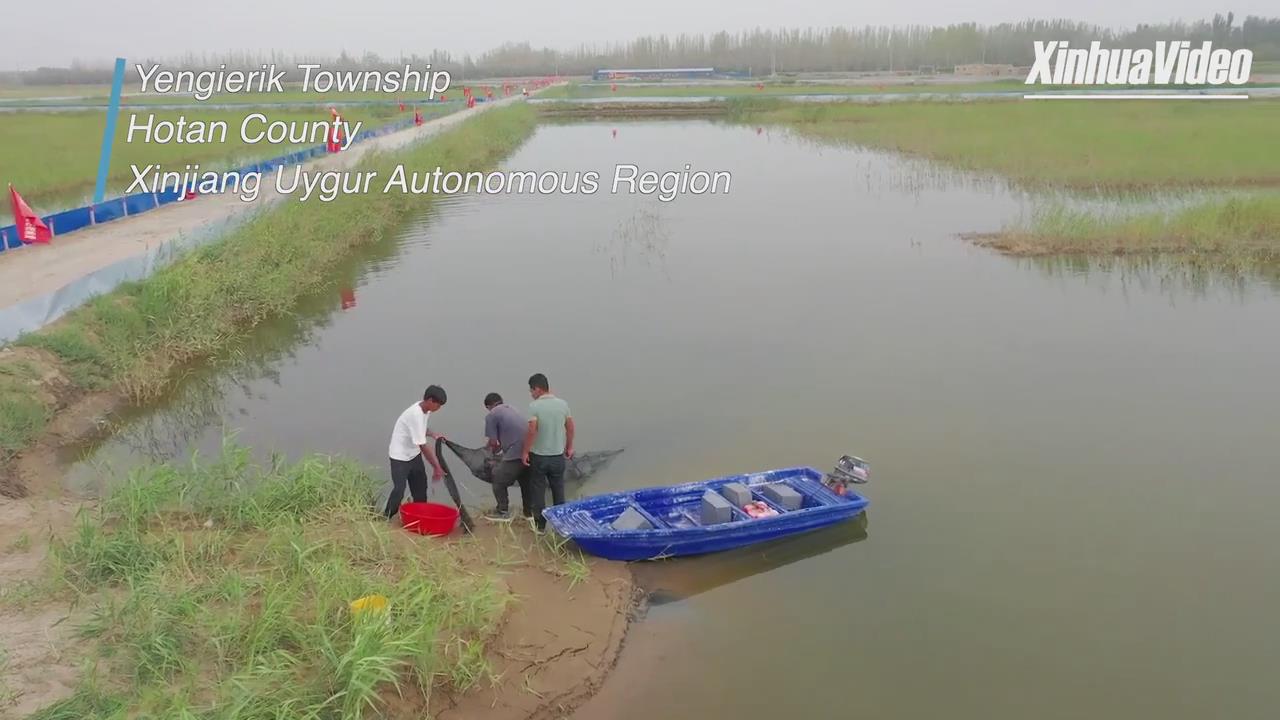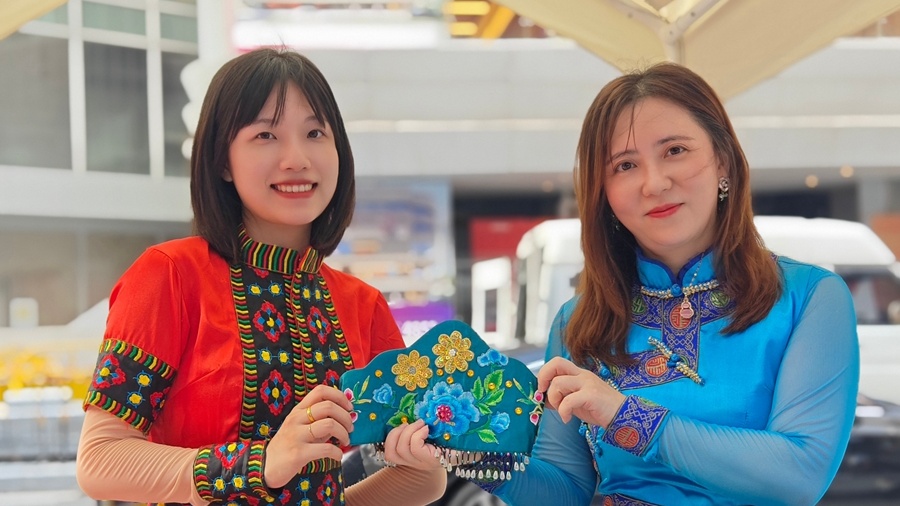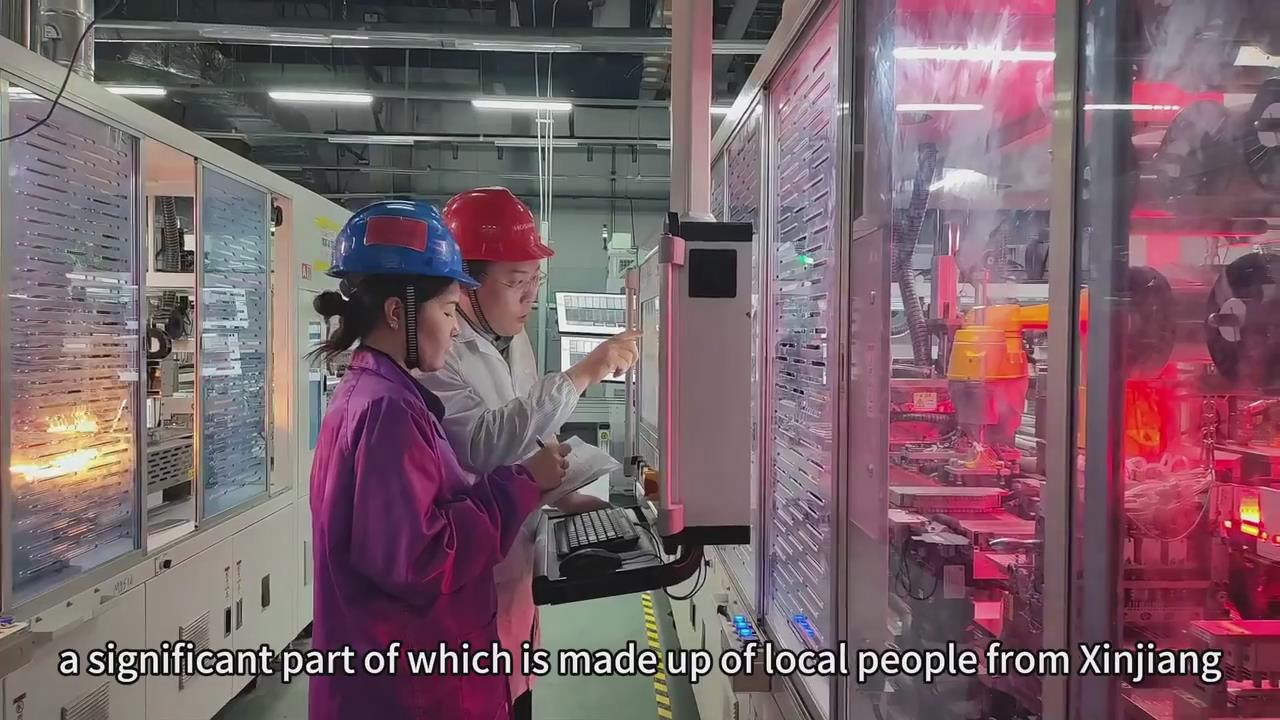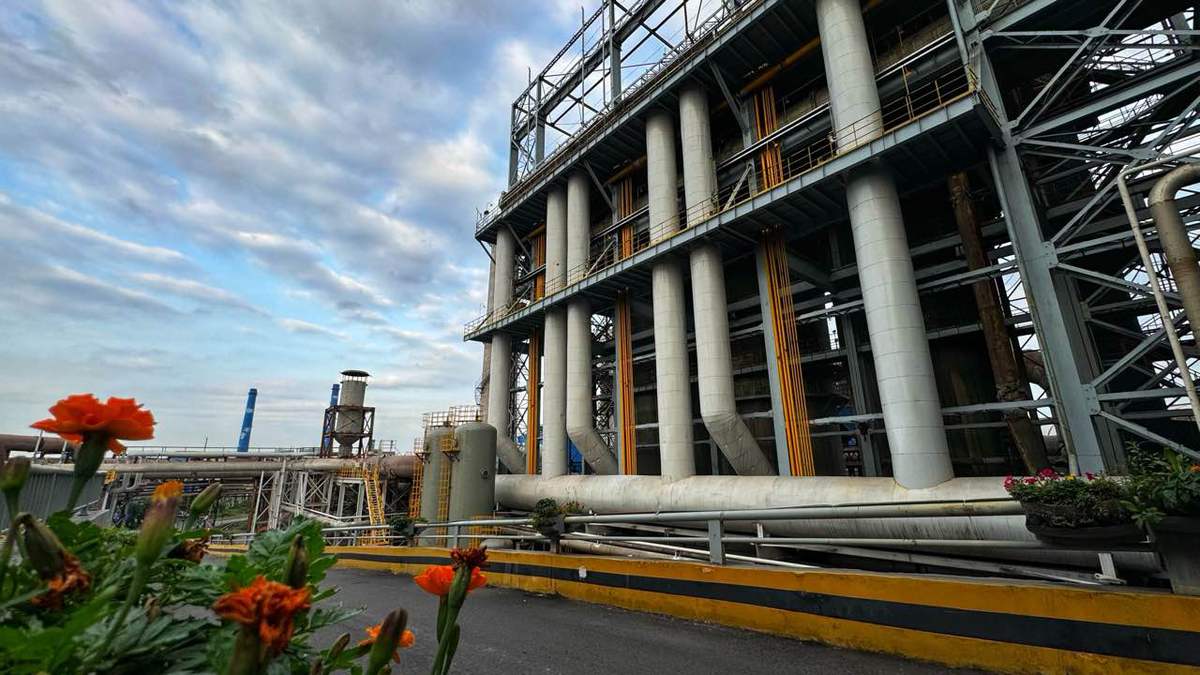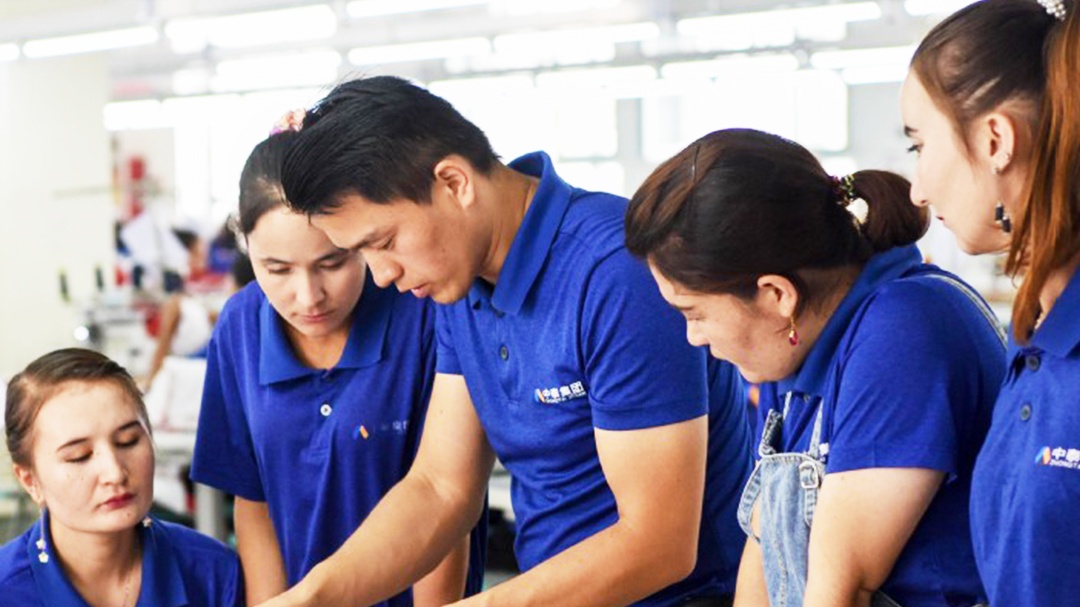
Local resident Abdukader Mamtimin makes rose tea at his tea house in a historic and cultural community in Kuqa City in northwest China's Xinjiang Uygur Autonomous Region, March 15, 2024.(Xinhua/Zhang Yu)
Local music and dance performances on Friday marked the start of this year's work on a project to renovate old residences in Kuqa City, northwest China's Xinjiang Uygur Autonomous Region.
The city of Kuqa in Xinjiang's Aksu Prefecture was an important transportation hub along the ancient Silk Road. In March 2012, it was designated a state-level historic and cultural city, and many measures have since been rolled out to protect its rich heritage.
The renovation project was initially launched in April last year, and it has a particular focus on Kuqa's older dwellings.
"The old residences in Kuqa hold significant historic, cultural, artistic and social value," said Zhang Xue, a city management official.
Kuqa has over 100 residences dating back more than 80 years. Many of these buildings have deteriorated, and some face the risk of collapse. The renovation project aims to bring new life to these buildings and restore them to their former splendor, Zhang said.
In an endeavor to rejuvenate the city's old residences while retaining their original appearance, a number of cultural heritage conservation experts have been invited to contribute to the project, and over 150 local traditional craftsmen are also participating.
Yusupjan Yasin, who was born in the 1990s and graduated from university just last year, said that he didn't hesitate to volunteer for the project after hearing that it would be implemented in Kuqa. His father was a carpenter and taught him the craft, and he majored in artistic design at university, he said.
"These old houses showcase vivid memories of harmonious coexistence and integration in the multi-ethnic-group city. I am deeply honored to be part of the project and eager to employ my skills to contribute to the preservation of old traditional residences," he said.
In the eyes of local resident Abdukader Mamtimin, 62, the renovation project has not only fortified old houses -- it has also safeguarded traditional culture.
As renovated lanes full of local charm draw increasing numbers of tourists, Abdukader Mamtimin has recently been inspired by younger generations to embark on a new business venture, opening a teahouse in his old home.
"My rose tea and milk tea have been well-received. I can earn up to 7,000 yuan (about 986 U.S. dollars) per month."
"The project is not only about repairing buildings; it is also about preserving traditional culture and fostering unity among our people. We will take this opportunity to encourage widespread participation from our residents and help more tourists experience our unique traditional culture," said Maynur Ahat, a local official.

Tourists buy special local products at a market in Kuqa City in northwest China's Xinjiang Uygur Autonomous Region, March 15, 2024.(Xinhua/Zhang Yu)

Performers play music in Kuqa City in northwest China's Xinjiang Uygur Autonomous Region, March 15, 2024.(Xinhua/Zhang Yu)

People play music and sing at a tea house in a historic and cultural community in Kuqa City in northwest China's Xinjiang Uygur Autonomous Region, March 15, 2024.(Xinhua/Zhang Yu)

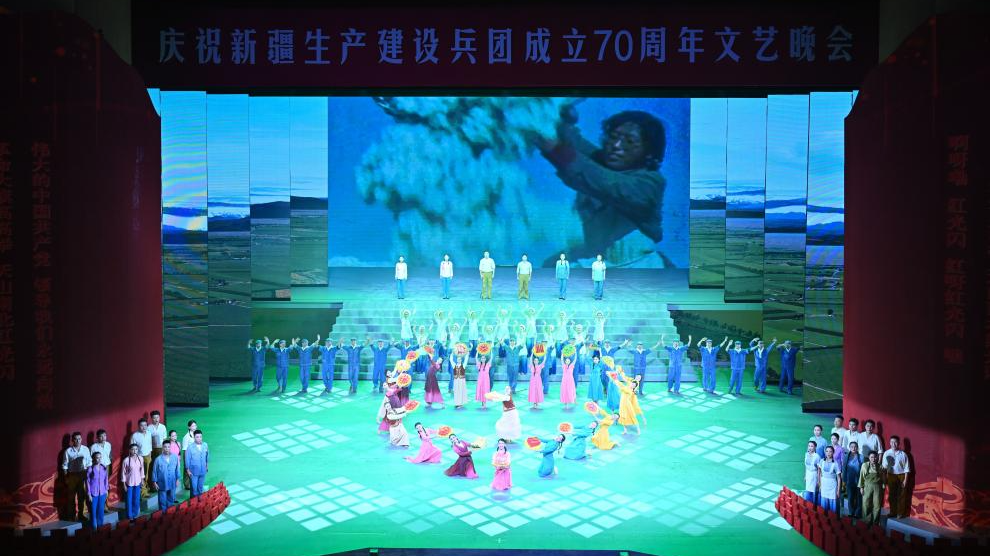


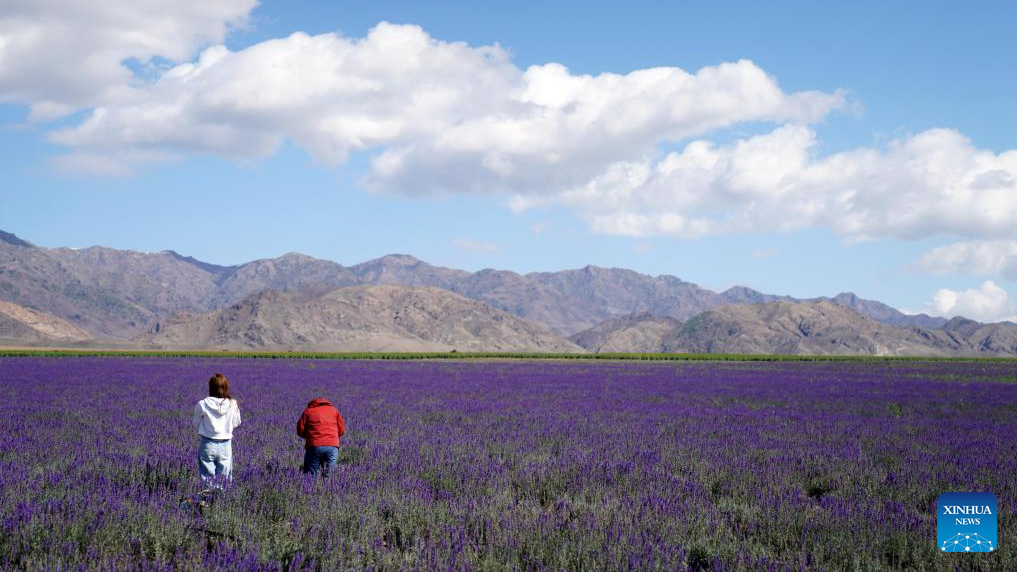

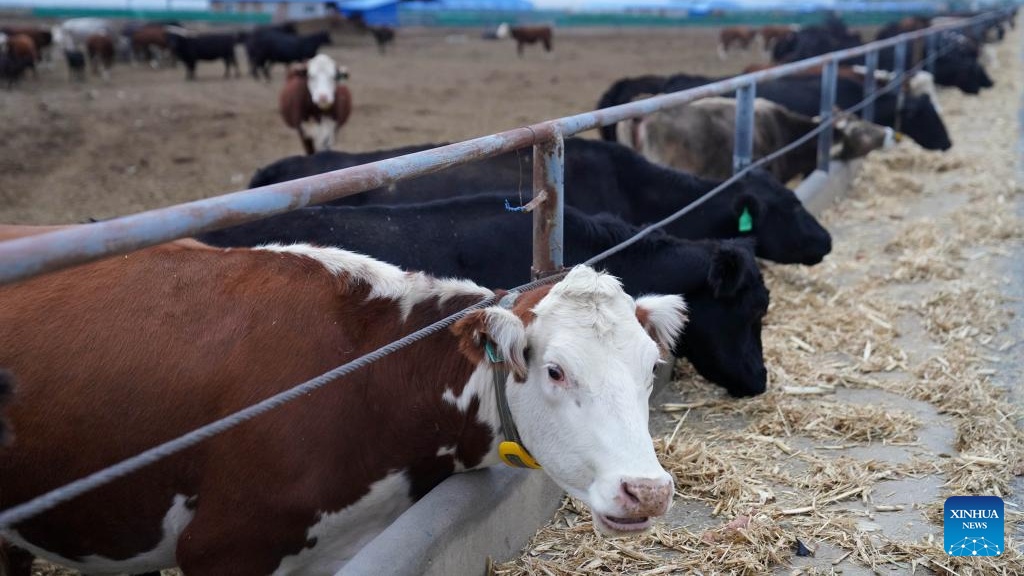
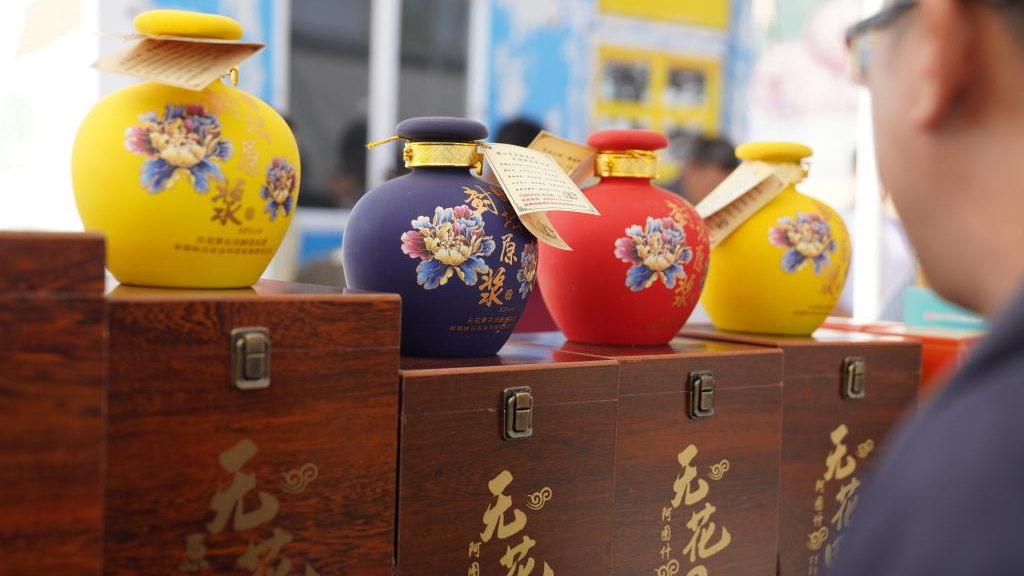
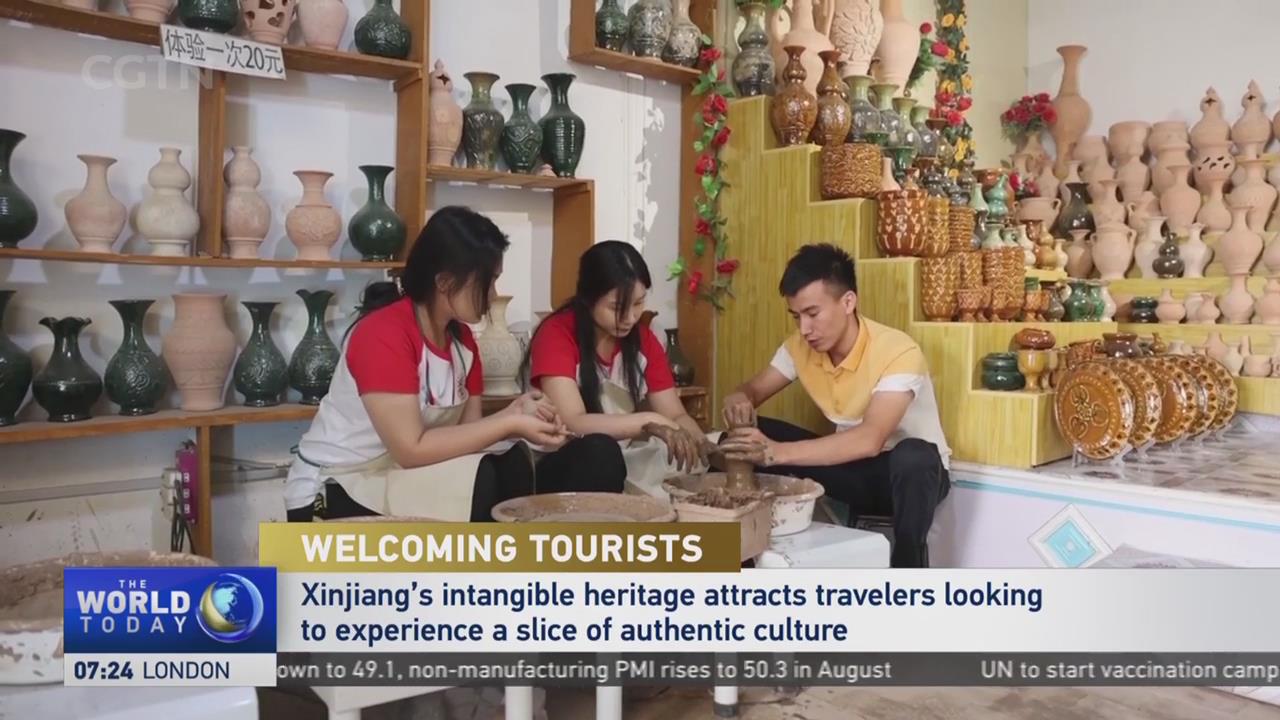
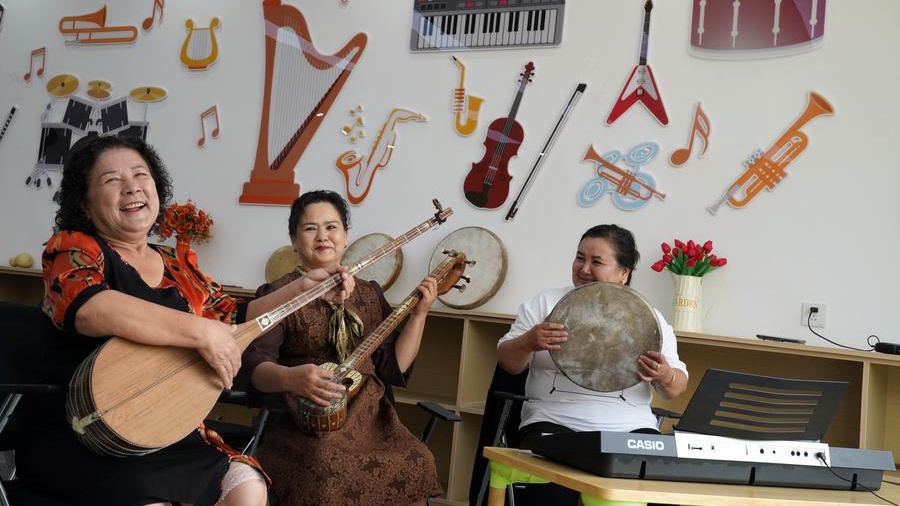
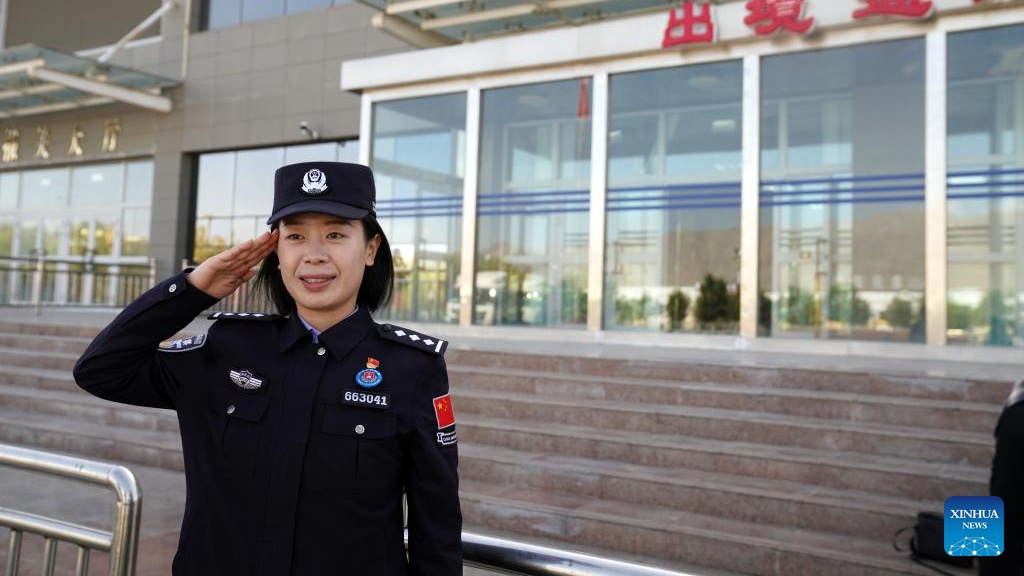
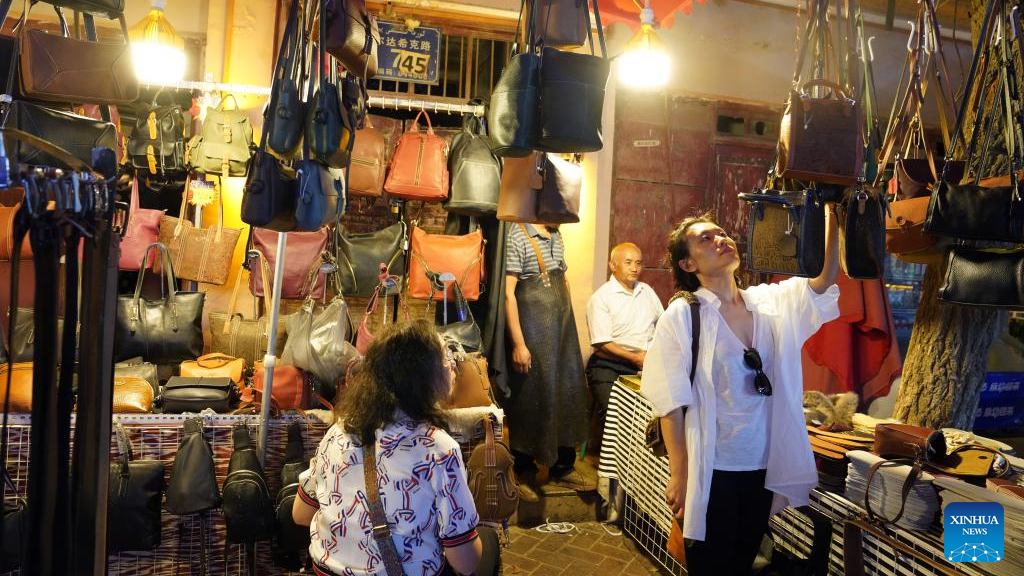
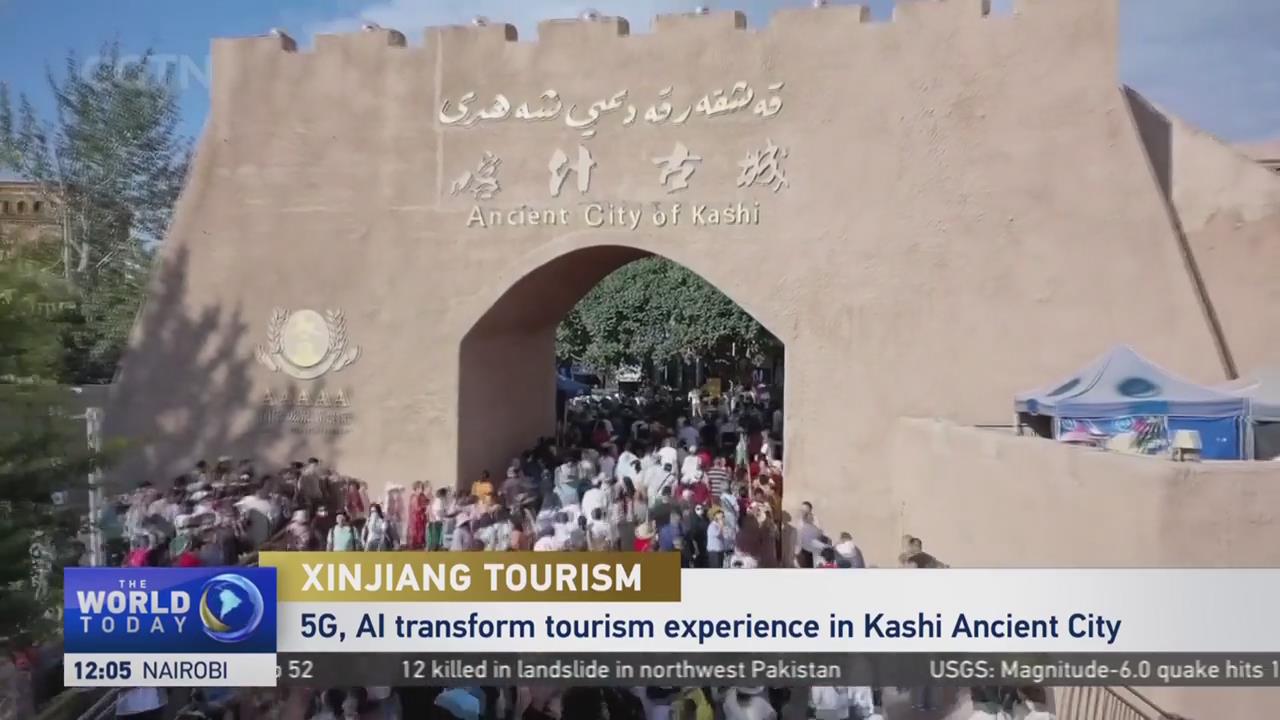


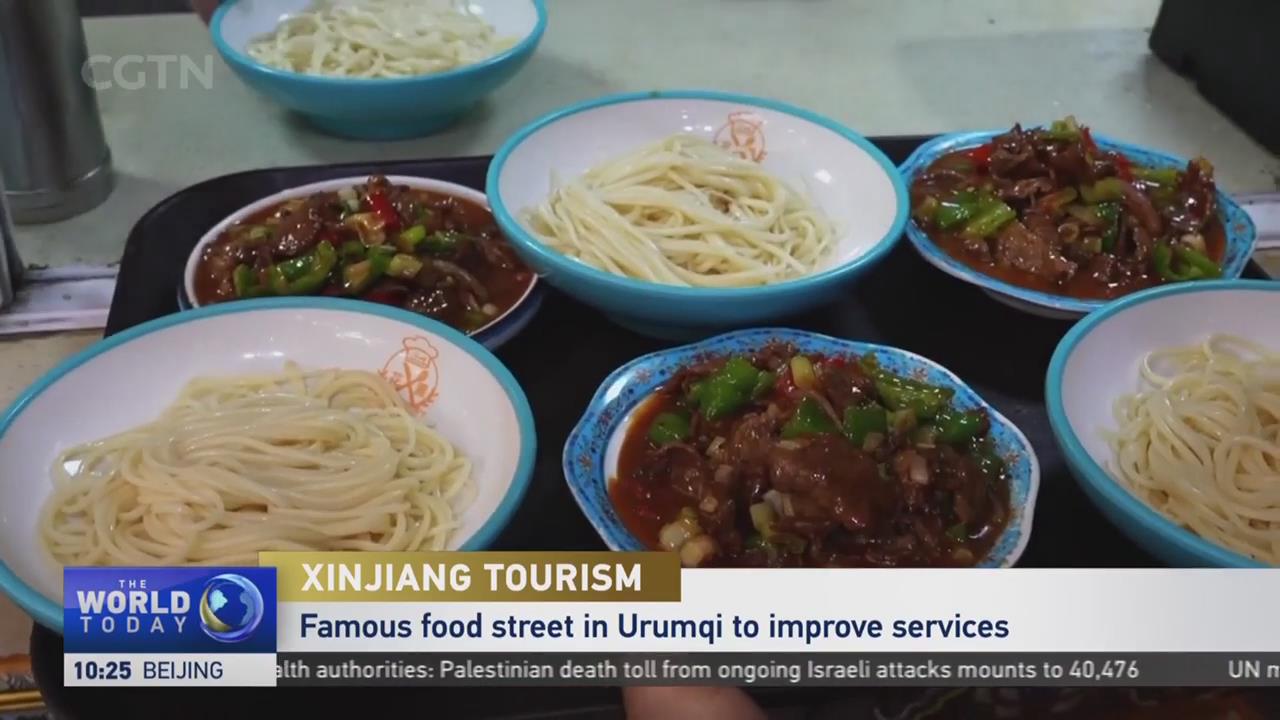


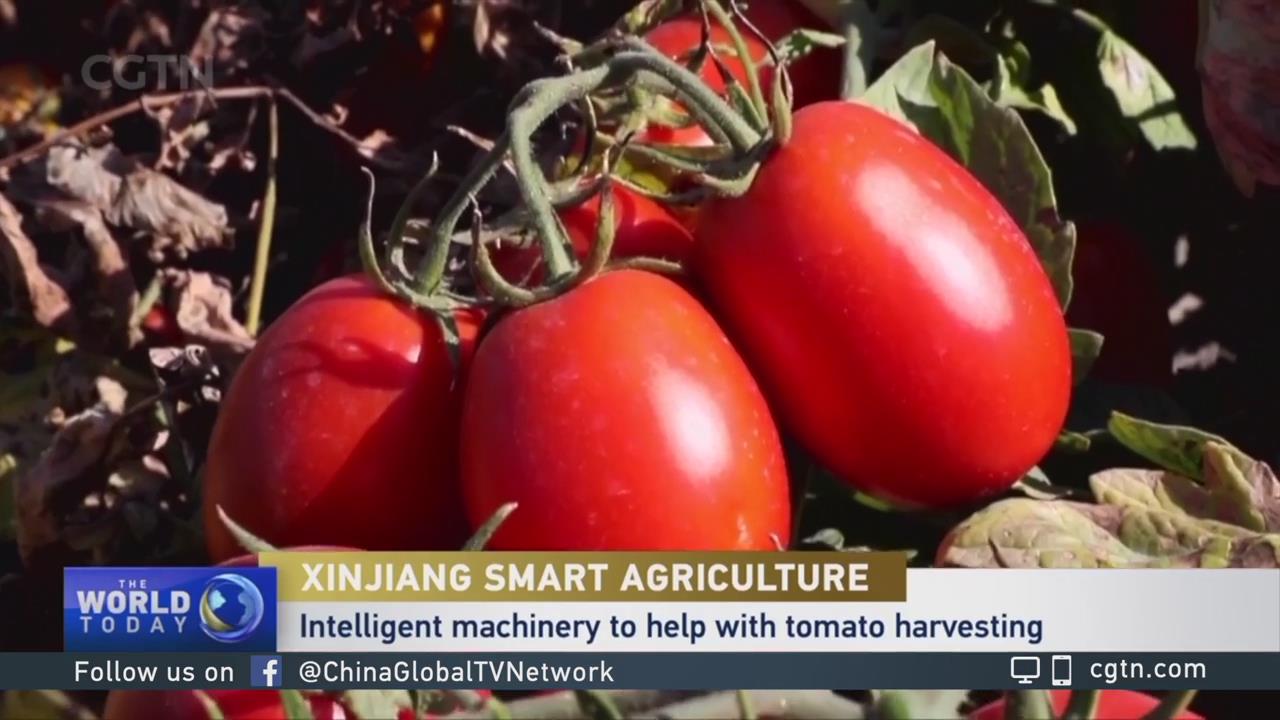
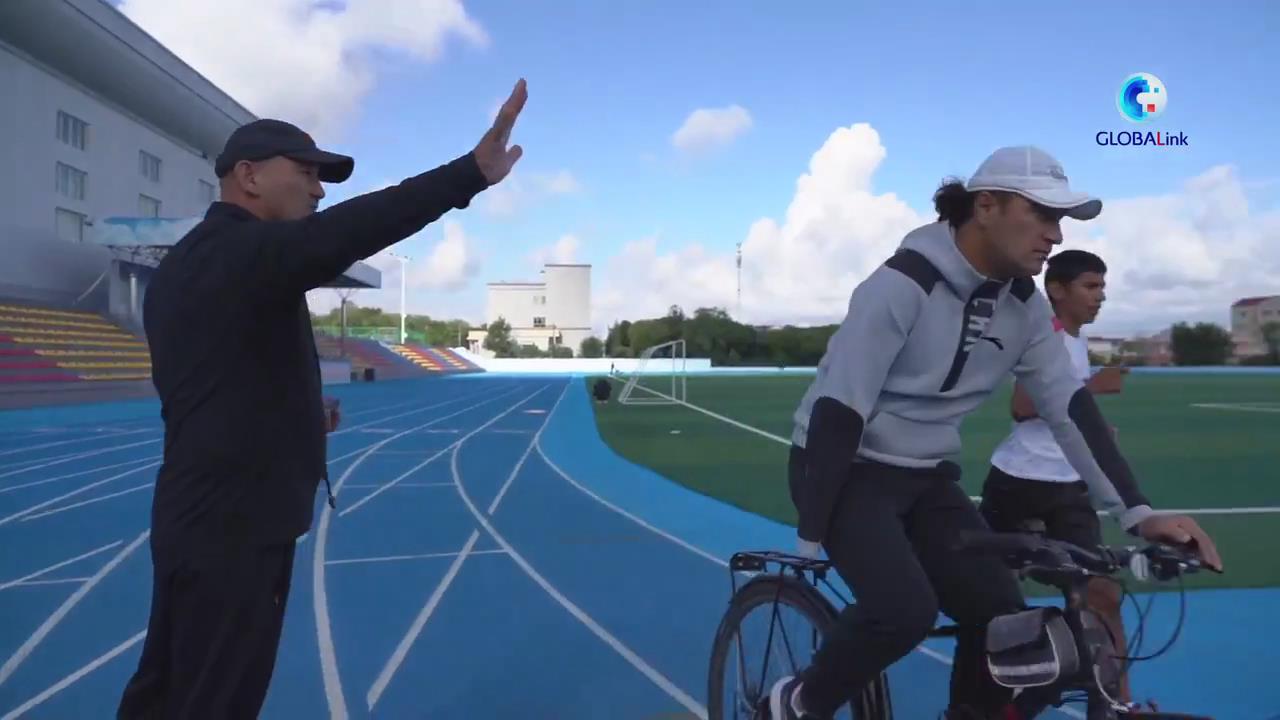


.jpg)


